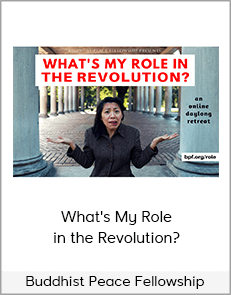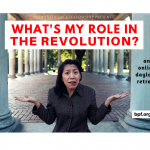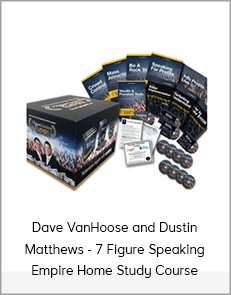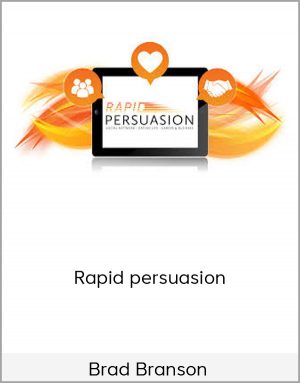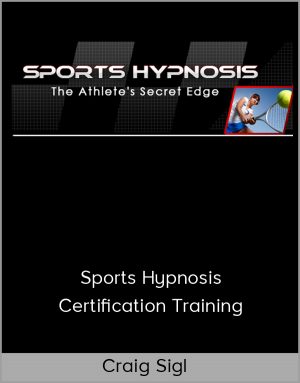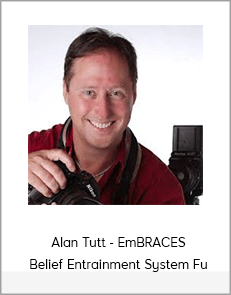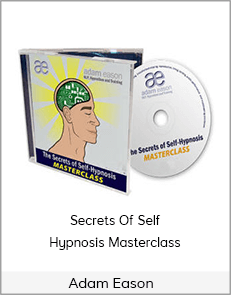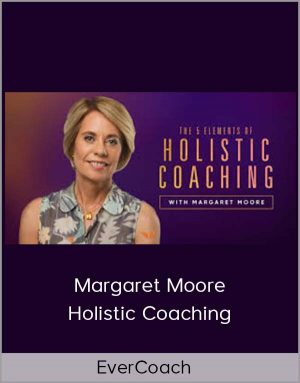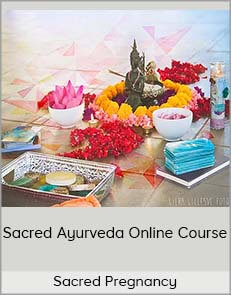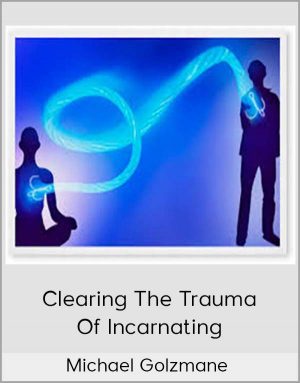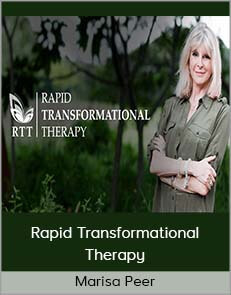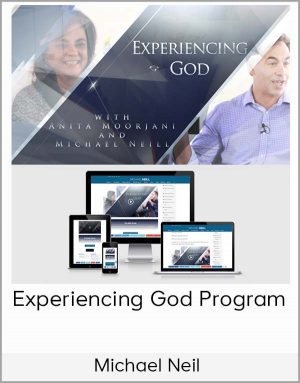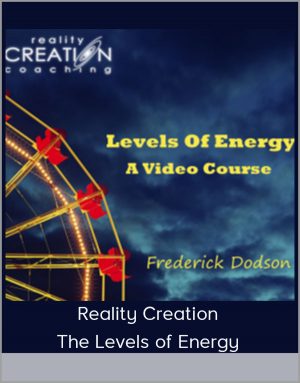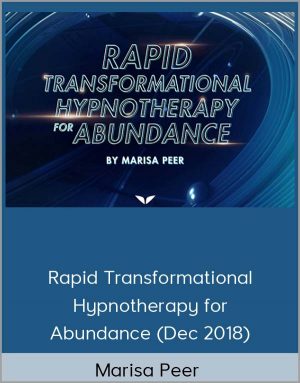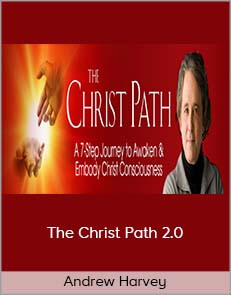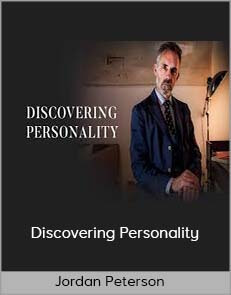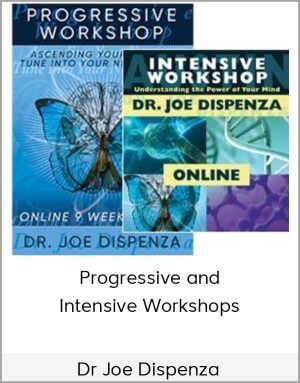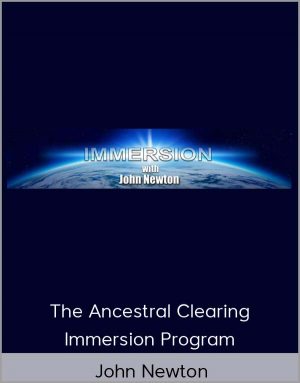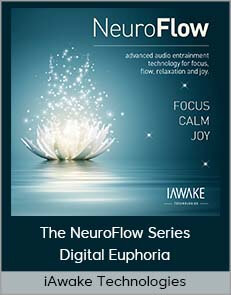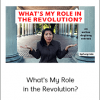Buddhist Peace Fellowship – What’s My Role in the Revolution?
$15.00$39.00 (-62%)
Katie Loncke, BPF Co-Director, is our resident BLOCKer. She delights in protecting land, life
Buddhist Peace Fellowship – What’s My Role in the Revolution?
Check it out: Buddhist Peace Fellowship – What’s My Role in the Revolution?
What’s My Role in the Revolution?
A Spiritual + Political Day of Practice
Should I run for office? Or meditate in a cave for 12 years? Or a community farm? Or invest in outer space exploration so we have someplace to live when the planet dies? Should I quit my job and become a civil rights attorney … or a full time activist?
Do any of these thoughts sound familiar? If so, it might be time to revisit your role in the revolution.
A recipe for exploring your right role.
You’ll receive delicious interviews with brilliant organizers and teachers, each with a contemplation or a practice you can savor on your own time. You will get a set of tips to take these materials from the computer to design them into your own schedule for a day of practice and reflection, right in the middle of your busy, messy, beautiful and precious life.
Note: This will not be a day stuck at your computer
Suggested Schedules (Revise As Needed)
bell hooks, Buddhist and Black liberation scholar, offers us this encouragement:
“If in the struggle you have lost your joy, step back and ask: What is the struggle that will restore my joy?”
Black lesbian feminist writer Audre Lorde famously said:
The master’s tools will never dismantle the master’s house. They may allows us temporarily to beat him at his own game, but they will never enable us to bring about genuine change.
Truth. And, this might leave you wondering, what are the new tools? How can I combine my spiritual life with social justice to develop genuinely liberatory solutions?
At Buddhist Peace Fellowship, we’ve been exploring these questions through BLOCK | BUILD | BE, a framework describing the essential qualities for true social and spiritual transformation.
Block: resisting harm and injustice
Build: cultivating relationships, communities, and new structures
Be: contemplative practices for resilience and liberation
There is no single correct role to play— contrary to the judgmental mindset we’ve inherited from capitalism. It takes many of us— all of us!— in all of our multi-dimensionality, to achieve collective liberation.
Just as ecosystems thrive on diversity of life forms, so do our social movements require multiple roles. What’s your role??
Strengthen Your Practice and Activism
What does it take to enact true transformation of the world around us? We’ll be joined by special guest speakers talking about:
- How to do what you do best, and trusting that other needs will be met.
- Letting go of doing everything, and inviting others to join the collective effort.
- Being less judgemental and more collaborative with those who focus on a different role.
- Interweaving spiritual practice with community building and direct action.
- Examples of how leaders sustain themselves in social and environmental movements.
- How to be more effective AND less burned out by balancing Block, Build, and Be in your life.
Wisdom from Teachers and Organizers, including:
Ai-jen Poo is Executive Director of the National Domestic Workers Alliance (NDWA) and Co-Director of Caring Across Generations. She works on both ends of the domestic care industry, advocating for affordable family care as well as access to quality jobs for the caregiving workforce. Ms. Poo was recognized as a MacArthur Genius in 2014 and is the author of The Age of Dignity: Preparing for the Elder Boom in a Changing America.
For Poo, organizing is about bridge-building and about love: “I believe that love is the most powerful force for change in the world. I often compare great campaigns to great love affairs because they’re an incredible container for transformation. You can change policy, but you also change relationships and people in the process.” Follow her on Twitter at @aijenpoo.
Harmony Lambert (Chumash Nation) works for Greenpeace USA in Oakland, California on occupied Chochenyo Ohlone land. Her work centers on indigenous rights and sovereignty and their intersection with environmentalism. Harmony is a non-violent direct action and climb trainer, and is dedicated to spreading these skills widely to Indian Country and the environmental movement. Harmony sits on the Advisory Council of the Indigenous Peoples Power Project (IP3).
Shanté Paradigm Smalls, Ph.D. is a teacher in the Shambhala lineage of Tibetan Buddhism. Dr. Smalls is a student of Sakyong Mipham Rinpoche and is the Rusung or Area Protector of the Shambhala Center of New York City. They are assistant professor of Black Culture and Literature, as well as as a performer and performance studies scholar. Dr. Smalls has published work on hip hop, film, queer performance, and a host of other scholarly topics. Dr. Smalls’ teaching schedule can be found at shanteparadigm.com.
Katie Loncke, BPF Co-Director, is our resident BLOCKer. She delights in protecting land, life, and community by springing effective nonviolent actions on unsuspecting targets. At Buddhist Peace Fellowship, she trains groups nationwide on combining Buddhist ethics with concrete, creative skills for nonviolent resistance. Read Katie’s writing at kloncke.org.
Dawn Haney, BPF Co-Director, is our resident BUILDer. For the last decade, she’s been heading up organizations and community coalitions dedicated to healing and transformation, on issues such as anti-violence advocacy, rural LGBTQ visibility, and white anti-racism. She teaches at East Bay Meditation Center’s Alphabet Sangha.

